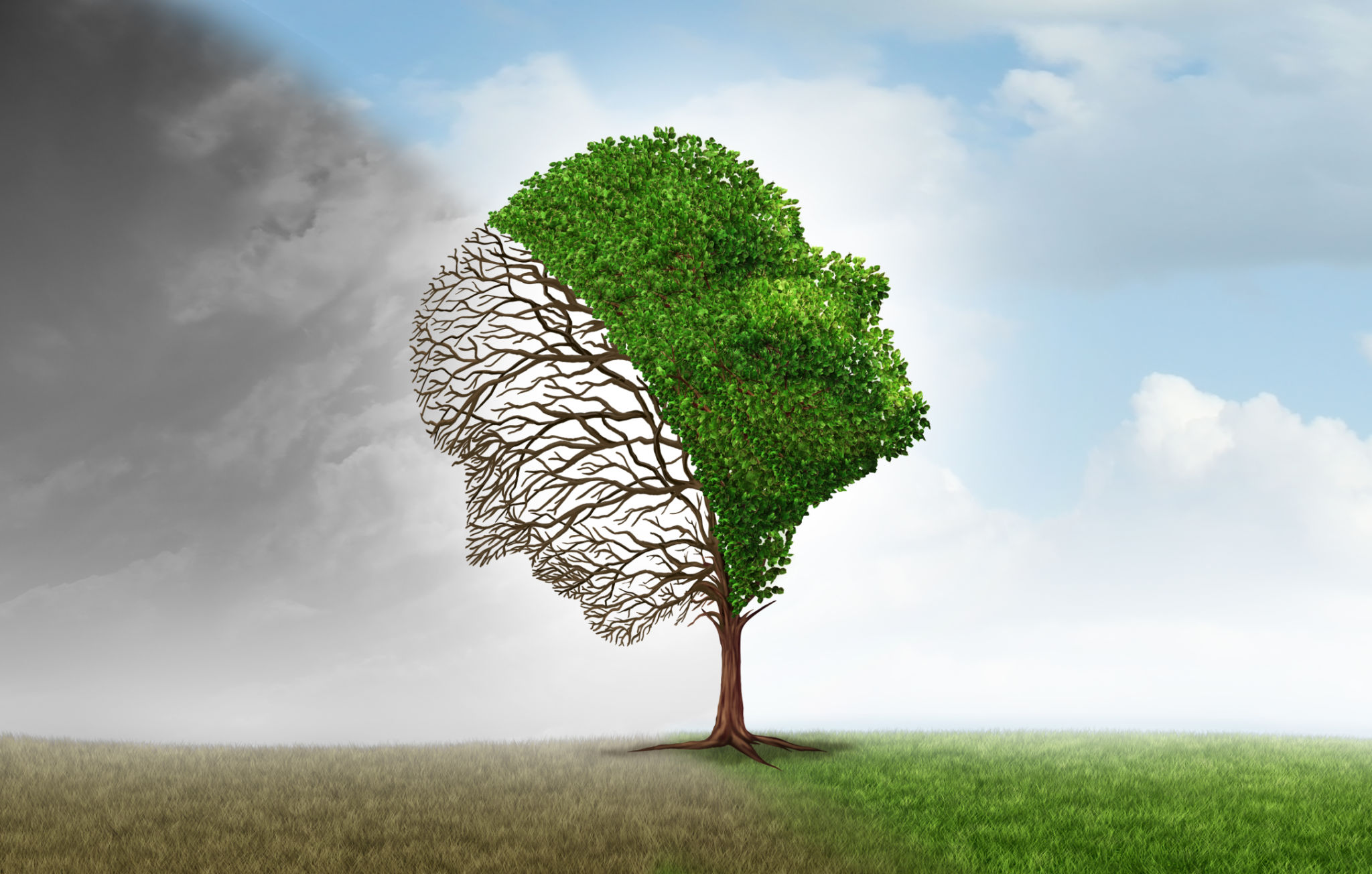A Guide to Seasonal Affective Disorder: Tips for Coping in Raleigh
Understanding Seasonal Affective Disorder (SAD)
Seasonal Affective Disorder, commonly known as SAD, is a type of depression that occurs at a specific time of year, typically in the winter months. This condition is linked to the reduced levels of sunlight during the fall and winter, which can disrupt your body's internal clock and lead to feelings of depression.
In Raleigh, where the winter season brings shorter days and less sunlight, many residents may find themselves affected by SAD. Recognizing the symptoms early can be crucial for managing this condition effectively.

Recognizing the Symptoms
The symptoms of SAD can vary from mild to severe and often include feelings of hopelessness, lack of energy, difficulty concentrating, changes in appetite or weight, and sleep disturbances. It's important to note that these symptoms may start in the late fall and continue into the winter months.
If you're experiencing these symptoms persistently and they affect your daily life, it's advisable to seek professional help. A mental health professional can provide a diagnosis and suggest appropriate treatment options.
Effective Coping Strategies
There are several strategies you can implement to help manage SAD symptoms. One of the most effective treatments is light therapy, which involves exposure to bright artificial light that mimics natural sunlight. This can help regulate your body's internal clock and improve mood.
Additionally, maintaining a regular exercise routine can have a significant positive impact. Exercise boosts endorphin levels, which are natural mood lifters. Even a brisk walk in the middle of the day can be beneficial.

Creating a Supportive Environment
Building a supportive environment at home and work can also make a difference. Consider rearranging your space to allow more natural light in. Open blinds and curtains during the day and sit near windows whenever possible.
Engaging in social activities and staying connected with friends and family is vital. Social interactions provide emotional support and help combat feelings of isolation.
Nutrition and Lifestyle Adjustments
Diet plays a crucial role in managing SAD. Eating a balanced diet rich in fruits, vegetables, lean proteins, and whole grains can improve your overall energy levels and mood. Avoid excessive caffeine and alcohol consumption as they can exacerbate symptoms.
Furthermore, establishing a consistent sleep schedule is essential. Try to go to bed and wake up at the same time each day to regulate your body's internal clock.

Seeking Professional Help
If lifestyle changes are not enough, seeking professional help is important. Therapies such as cognitive behavioral therapy (CBT) have been proven effective for SAD. A therapist can help you develop coping strategies tailored to your individual needs.
In some cases, medication may be prescribed to alleviate symptoms. It's crucial to discuss this option with your healthcare provider to determine the best course of action for you.
SAD Awareness in Raleigh
Raleigh offers various resources for those dealing with SAD. Local support groups and mental health services can provide additional support. Being part of a community that understands your struggles can be incredibly empowering.
By acknowledging Seasonal Affective Disorder and actively seeking ways to manage it, you can improve your quality of life even during the less sunny months in Raleigh.
